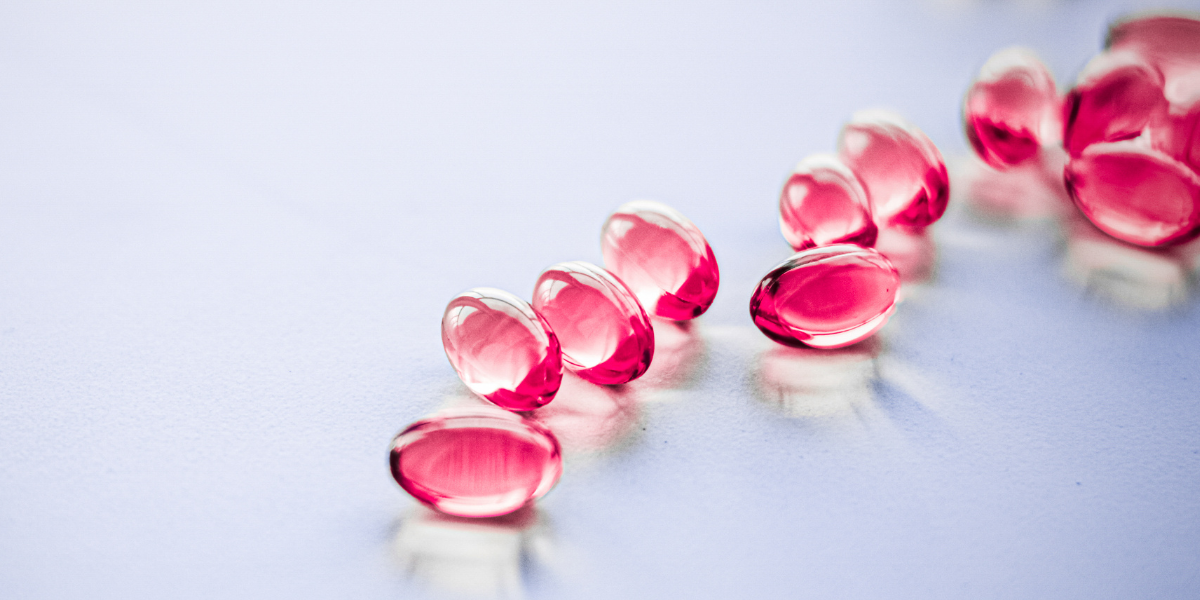What are Probiotics?

Probiotics are beneficial bacteria that live throughout the body, especially in the digestive system. They should not be mistaken for prebiotics because they both have a marked difference in purpose. Probiotics are also called live cultures or “good” bacteria because they help keep your gut bacteria in balance.
One way is to hamper viruses or other microorganisms that cause disease. When there are too many “bad” bacteria in your gut, probiotics can help kill them to restore your normal gastrointestinal activities. But to be able to do this, we need to ensure that the probiotics maintain their potency. Do probiotics expire? Let’s find out.
Probiotics help in the management of certain digestive issues such as:
- Diarrhea
- Constipation
- Lactose intolerance
- Irritable bowel syndrome (IBS)
- Inflammatory bowel disease (IBD)
- Ulcerative colitis
- Crohn’s disease
Furthermore, these beneficial bacteria not only reduce the symptoms of the digestive problems mentioned above, but they also provide benefits to the rest of the body.
Benefits Of Taking Probiotics

Research shows that the balance or imbalance of the digestive system is linked to health and disease in general. Probiotics support healthy gut bacteria and are associated with numerous health benefits, including:
- Maintains a healthy balance of good gut bacteria
- Supports nutrient absorption
- Improves gut integrity
- Reduces allergies and eczema
- Lowers cholesterol levels
- Supports heart health
- Boosts the immune system
- Promotes weight loss
- Improves mood and reduces stress
- Helps with certain mental health conditions
But of course, to ensure that they maintain their efficacy, probiotics must be stored properly.
How To Store Your Probiotics
For probiotics to provide health benefits, they must be active from the time of production until they reach the intestines. Many factors affect the viability of probiotics, including the water content, temperature, and pH of the environment.
Some species are more heat sensitive and can die quickly when exposed to heat. Other types of bacteria, such as strains of the genus Bacillus, are more resistant to environmental stressors and are considered more stable.
Due to this, many manufacturers recommend refrigeration of certain types of probiotics. This will help the bacteria survive longer than at room temperature. When stored properly, probiotics can begin to work in 2 to 3 weeks.
On the other hand, some stable sources of probiotics may not require refrigeration because they are freeze-dried and in packaging designed to protect them from heat and humidity.
Do Probiotics Expire?

According to Healthline, gut health affects many aspects of your physical and mental health and depends on a healthy balance of bacteria. Having a variety of good bacteria in your gut benefits digestion, immunity, diabetes, heart disease, and mood.
One of the many ways to improve gut health is to incorporate probiotics into your diet. You can find these gut bacteria in certain foods which will be enumerated later, but for the sake of convenience, you can choose to take supplements instead. However, it’s good to think about the shelf life and expiration date of a bottle of probiotics first. Do probiotics expire?
Clinical adviser at the health startup Medzino Dr. Kimberly Langdon says, “Probiotics are living bacteria and will be subject to inactivity over time. It’s best to discard them based on the manufacturer’s guideline, which is usually one year.” Some probiotics require refrigeration, but it is recommended to store even those that don’t need to in a cool, dry place to maximize shelf life.
Can You Use Expired Probiotics?

According to leading gut practitioner Dr. Michael Ruscio of The Ruscio Institute For Functional Medicine, taking expired probiotic supplements doesn’t necessarily cause side effects or illnesses, but it doesn’t provide any health benefits either.
This statement was supported by a 2020 study published in FEMS Microbes. It was concluded that some probiotics included in the study still retain some efficacy past the expiration date, but not enough to have a significant positive effect on gut health.
Probiotic supplements generally have a shelf life of one year from the date of manufacture, but the bacteria in the supplements can die off long before that year. The storage and handling of probiotics play an important role in the duration of their shelf life.
Conflicting Findings
However, a preliminary report done by Research Square revealed that currently, expired probiotics are not safe to consume even with viable cells due to a lack of safety studies. Most companies calculate the expiration date based on quick research. At best, the viable count should be reassessed to determine the expiration date in real time for more accuracy regarding the product’s efficacy threshold.
What Are The Top Probiotic Foods?

Now enough with the supplements. There is another way for you increase your daily intake to reap the benefits of probiotics and you can do this through foods. Many natural foods around the world contain natural probiotics in considerable amounts and some of them are:
What Foods Interfere With Probiotics?

Probiotics are good bacteria that promote gut health and boost overall immunity. Many people use probiotics when they have digestive issues, take antibiotics, or want to improve their gastrointestinal system. The way probiotics work is that the good bacteria enter the gut and colonize there, reducing the bad bacteria.
However, probiotics do not work alone. A healthy diet, lifestyle, and exercise are needed to enhance and not interfere with the effectiveness of probiotics. Here are some foods to avoid because they can adversely interact with or reduce the potency of probiotics:
- GMO products
- Carbonated drinks
- Red meat
- Refined oils
- Processed foods
- Gluten-rich foods
- Dairy foods
- Tap water
Potential Side Effects Of Probiotics

In general, probiotics do not cause serious symptoms, have been clinically studied for decades, and are generally considered safe. At the same time, probiotics can affect each person differently. When you first start taking probiotics, it’s common to experience these side effects:
- Digestive disturbances
- Increased histamine levels
- Headaches
- Allergic reactions
- Higher risk for infection
If symptoms go on, you may be ingesting bacterial strains that are highly incompatible with your system.
The Takeaways
Most probiotics have a shelf life of one year. However, things like heat and light can kill probiotics in both foods and supplements. So, if you have a probiotic supplement that has been mishandled, either while in transit or due to improper storage, the probiotic will not survive and will be ineffective. So do probiotics expire? They certainly do!

